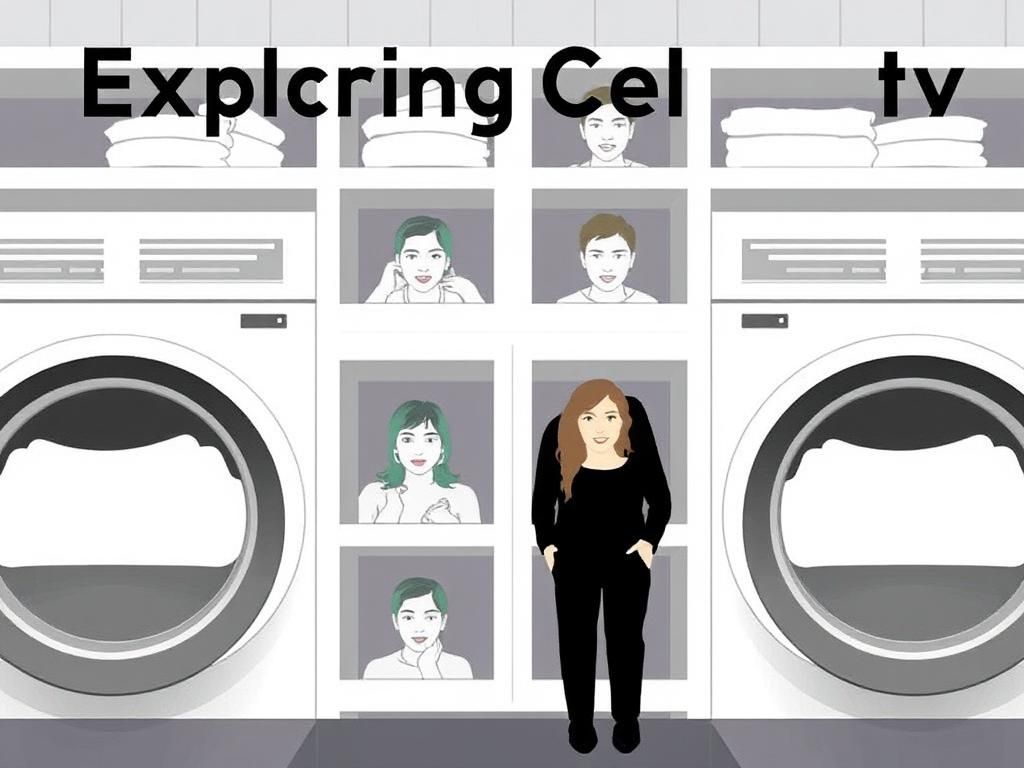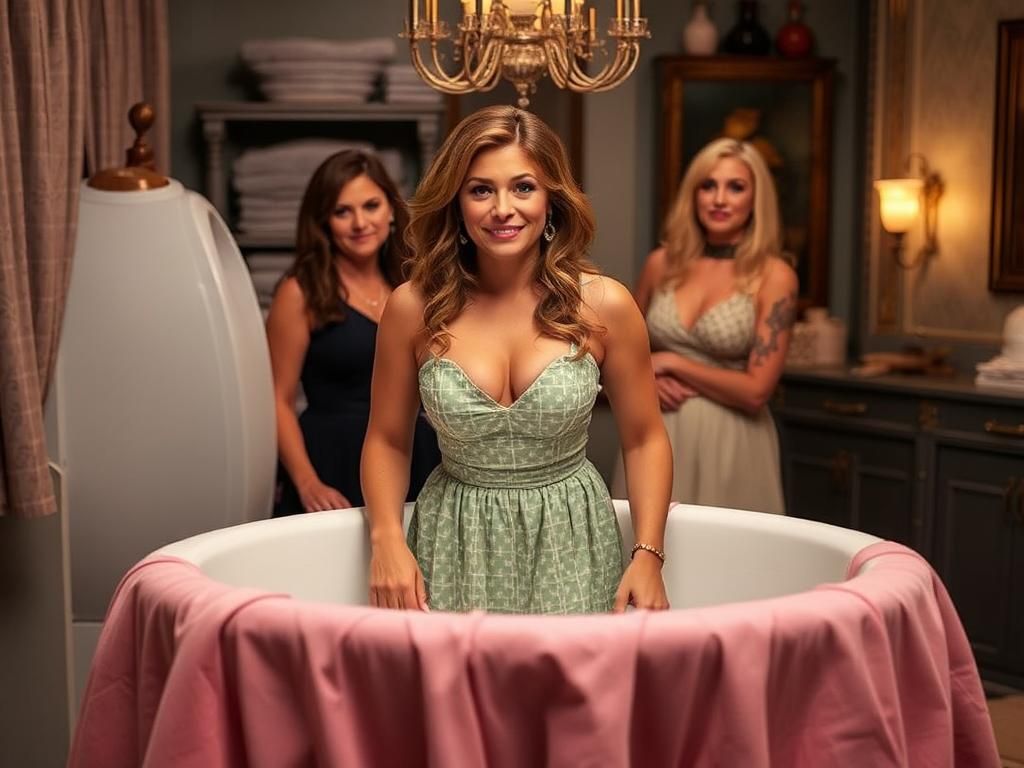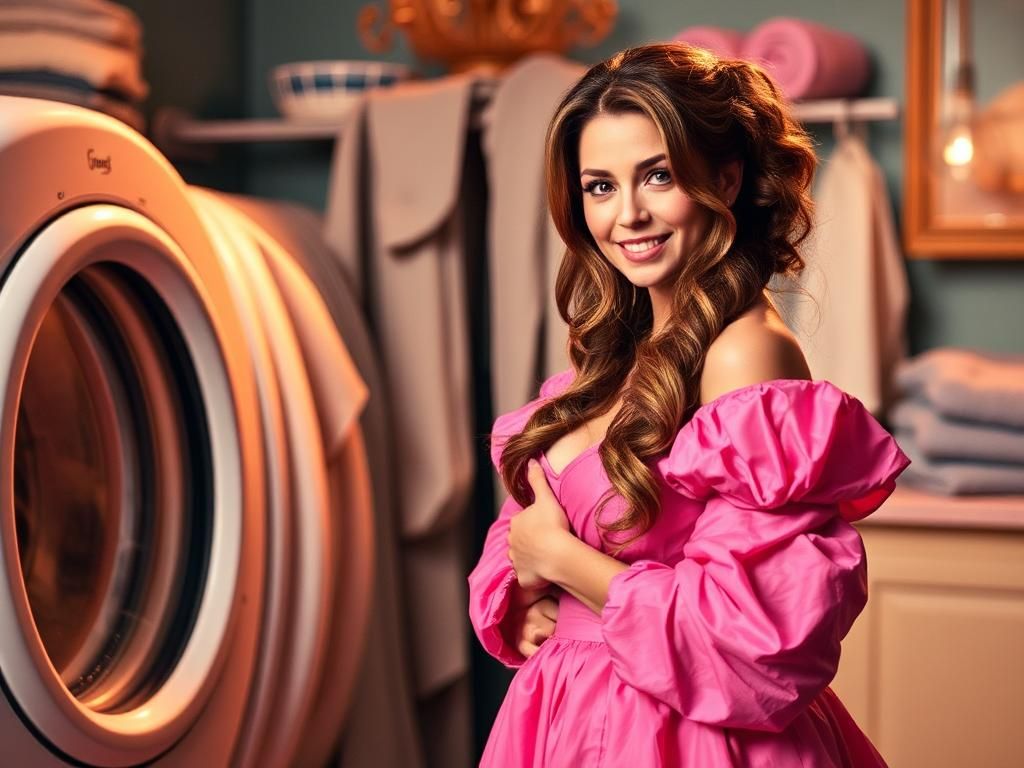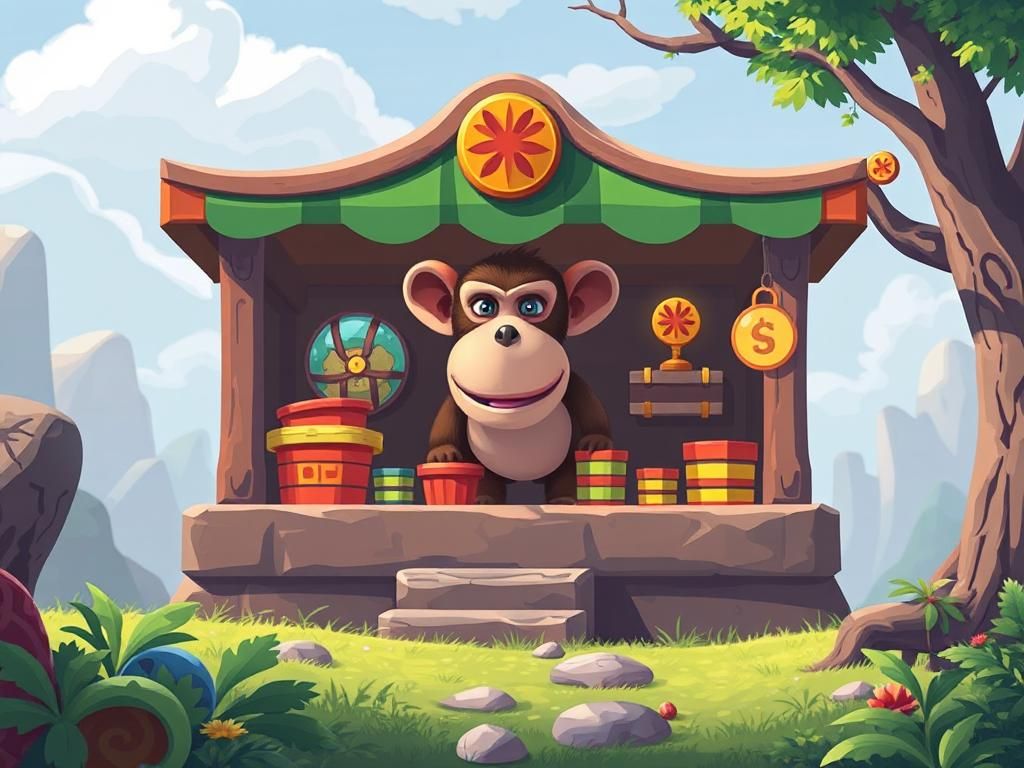In the world of entertainment, the term “celebrity dirty laundry” often evokes images of scandalous gossip and salacious revelations about the lives of the rich and famous. This phrase refers to the messy, often public aspects of these individuals’ lives, much like the plotlines of traditional soap operas that captivate audiences with their mix of intrigue, drama, and over-the-top narratives. Soap operas have long held a significant place in popular culture, providing audiences with ongoing stories full of heightened emotions and conflicts. The intersection of celebrity culture and soap operas creates a modern blend of reality and drama, where the publicized affairs of celebrities often unfold like a television drama, keeping fans glued to the screens.
The Evolution of Soap Operas
Historical Context
The roots of soap operas trace back to the 1930s when they emerged primarily as serialized radio programs, designed to capture the attention of homemakers during the day. By the late 1940s and early 1950s, this format transitioned to television and began to gain immense popularity, particularly during the daytime hours. Throughout the decades, soap operas evolved and expanded, introducing complex narratives and deeper characters that resonated with audiences. They explored topics like relationships, societal issues, and personal dilemmas, rising to become a staple of daytime television programming.
The genre saw significant developments with the advent of cable television in the 1980s and 90s, introducing daytime dramas to broader audiences and creating massive fan followings. Iconic shows like “Guiding Light,” “The Young and the Restless,” and “General Hospital” became household names, while daytime soap operas contributed heavily to shaping the cultural landscape.
Major Themes in Soap Operas
Soap operas are characterized by their rich and varied themes that have remained popular over the years. Central themes include:
– **Love triangles and betrayal:** These conflicts often drive the drama, as characters navigate romantic entanglements and shifting loyalties.
– **Family feuds and hidden secrets:** Soap operas frequently delve into complicated family dynamics, revealing long-held secrets that can alter relationships forever.
– **Class struggles and societal issues:** Many soap operas address significant social themes such as class disparity and cultural issues, reflecting the world’s complexities while engaging viewers in melodrama.
Celebrity Culture and Its Influence on Soap Operas
Celebrities in Soap Operas
Soap operas have been a stepping stone for many now-famous actors who began their careers in these serialized shows. Notable examples include Brad Pitt and Meryl Streep, both of whom transitioned from soap operas to successful mainstream careers in film. The foot traffic between soap operas and Hollywood highlights the genre’s role in shaping future stars and its significance within the entertainment industry.
Current stars such as Renee Zellweger and Michelle Stafford also have roots in soap operas, showcasing the enduring relevance of these shows as a training ground for talent.
Real-Life Drama: Celebrity Scandals as Soap Opera Plots
Real-world celebrity scandals often play out like soap opera plots, drawing-in the public’s attention and fueling sensationalist media coverage. Case studies of celebrity scandals illustrate how the personal lives of stars can mirror the drama of scripted television:
– **Infidelity and breakups:** The tumultuous relationship and subsequent breakup between Jennifer Aniston and Brad Pitt captivated the public and sparked intense media scrutiny, much like classic soap opera storylines.
– **Public feuds:** Conflicts such as the highly publicized feud between Kanye West and Taylor Swift have taken on lives of their own, contributing to a soap opera-like narrative in which fans closely follow every twist and turn.

The media’s ability to shape and sensationalize these narratives further cements the relationship between celebrity culture and soap operas, as tabloids and gossip columns document and twist these private dramas for mass consumption.
Dirty Laundry in the Media
The Role of Tabloids and Gossip Columns
The rise of tabloid journalism has played a critical role in perpetuating the concept of “celebrity dirty laundry soap operas”. Publications such as “The National Enquirer” and “People” magazine have built influential brands around reporting celebrity news focused on their personal lives. Gossip columns have become a well-respected source of information for those keen on diving into the latest scandals.
The Impact of Social Media
Social media platforms, particularly Twitter and Instagram, have revolutionized how celebrity narratives are shared and consumed. These platforms allow fans to engage directly with celebrities and each other, amplifying narratives and public sentiments. The phenomenon of “cancel culture” has emerged as a significant aspect of modern celebrity culture, often displaying soap opera-like qualities, with public figures facing moral quandaries and rapid changes in reputation.
Comparisons Between Celebrity Drama and Soap Operas
Narrative Structure
Celebrity dramas and soap operas share strikingly similar narrative structures. Both formats utilize techniques such as:
– **Cliffhangers and twists:** Just as soap operas leave audiences hanging at the end of episodes, celebrity scandals often reach peak moments of suspense that captivate the public.
– **Character archetypes:** The characters portrayed in both contexts follow recognizable patterns, from the villainous bad boy to the innocent heroine, making these narratives relatable and engaging.
Audience Engagement
Fans of both celebrity gossip and soap operas often display similar levels of passion and investment. Reactions to celebrity scandals can mirror the intense discussions seen among soap opera fans analyzing plot developments. This shared engagement creates a unique space for fandom culture that thrives on excitement, speculation, and emotional connection.
The Future of Celebrity Dirty Laundry in Soap Operas
Trends in Soap Opera Storytelling

As society evolves, so do soap operas. Today’s storytelling often merges classic soap opera tropes with contemporary issues, reflecting real-world challenges such as mental health, gender identity, and societal pressures. This increased realism contributes to characters that are more relatable, further bridging the gap between celebrity dirty laundry and soap opera narratives.
The Influence of Reality TV
The impact of reality TV on traditional soap opera formats cannot be overlooked. Shows like “Keeping Up with the Kardashians” have created hybrid formats that blend scripted content with real-life drama, effectively merging the two worlds. This crossover success has paved the way for soap operas to adapt and explore new storytelling territories, ensuring their relevance amidst competing entertainment formats.
Conclusion
In summary, the phenomenon of celebrity dirty laundry soap operas continues to captivate public interest through its unique blend of reality, drama, and cultural significance. The cyclical nature of scandal, storytelling, and audience engagement in this domain emphasizes the intricate relationship between celebrity culture and soap operas. As both continue to evolve, they promise to intertwine in ways that keep audiences entertained and entranced.
References
– Suggested further reading: “Soap Operas: Their Impact on American Culture” by Patricia A. McGowan.
– Further exploration: IMDb’s comprehensive list of soap operas.
Frequently Asked Questions
1. What defines “celebrity dirty laundry”?
Celebrity dirty laundry refers to the private and often scandalous aspects of celebrities’ lives that become public.
2. How do soap operas differ from reality TV?
While soap operas are scripted and focus on melodrama, reality TV features real-life events and unscripted interactions.
3. Why are soap operas still relevant?
Soap operas continue to resonate due to their emotional storytelling and the development of relatable characters.
4. Can you name a famous actor who started in soap operas?
Yes, Brad Pitt is a notable example of an actor who began his career in soap operas before achieving fame in Hollywood.
5. What role does social media play in celebrity culture today?
Social media amplifies celebrity narratives, allowing fans to engage directly with stars and participate in discussions about their lives.
6. Are there any themes that are commonly explored in both soap operas and celebrity culture?
Common themes include love triangles, betrayal, hidden secrets, and public feuds, all of which resonate strongly in both arenas.
7. How do tabloids influence public perception of celebrities?
Tabloids often sensationalize stories about celebrities, shaping public perception through exaggerated or distorted narratives.
8. What are some examples of real-life celebrity scandals?
Examples include the breakup of Jennifer Aniston and Brad Pitt and the feud between Kanye West and Taylor Swift.
9. How can modern soap operas stay relevant in changing times?
By incorporating contemporary societal issues and focusing on relatable character development, modern soap operas can remain engaging and relevant.
10. What impact has reality TV had on traditional soap operas?
Reality TV has influenced soap operas to adopt hybrid formats, blending scripted elements with real-life drama, saving the genre from stagnation.
| Theme | Example in Soap Opera | Example in Celebrity Culture |
|---|---|---|
| Love Triangles | Clint, Liz, and Brooke from “One Life to Live” | Brad Pitt, Jennifer Aniston, and Angelina Jolie |
| Public Feuds | The ongoing feud between the characters of “The Bold and the Beautiful” | Kanye West vs. Taylor Swift |
| Family Secrets | Generational secrets in “Days of Our Lives” | Kardashian family secrets revealed on reality TV |


